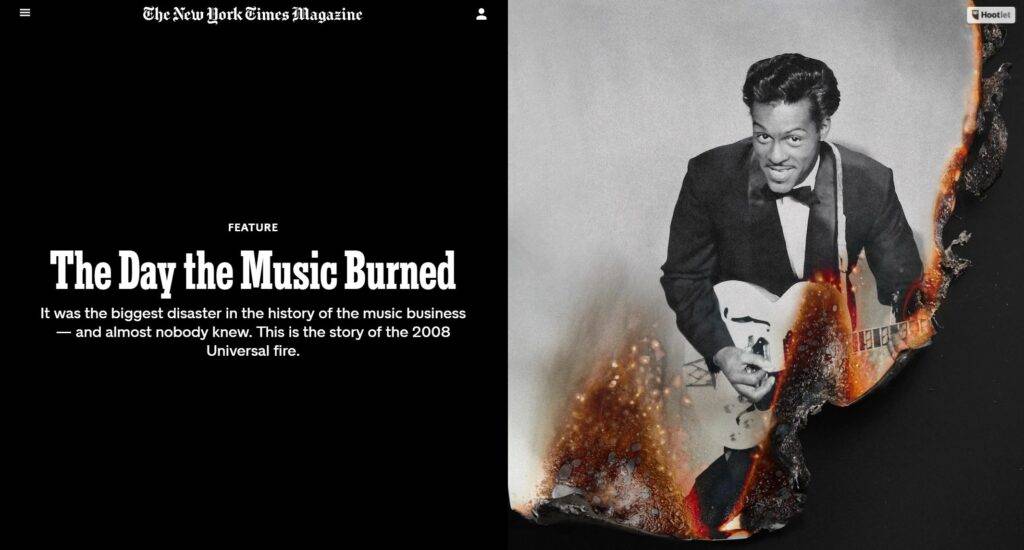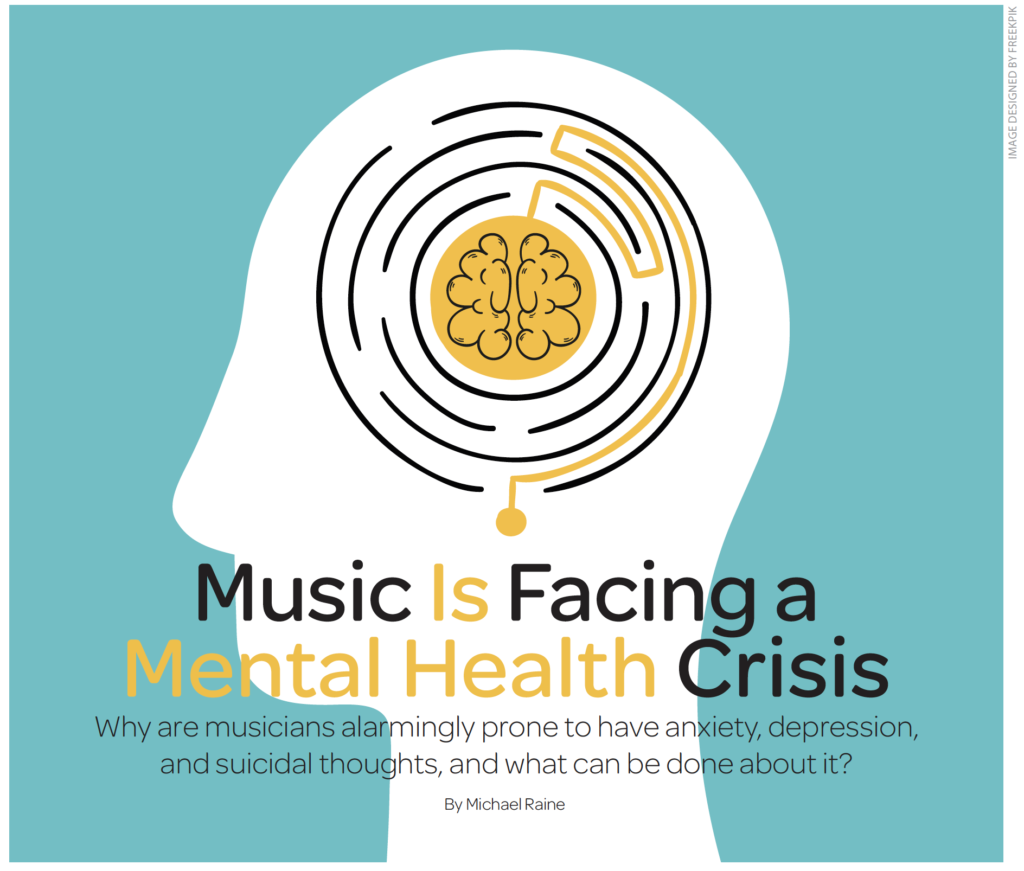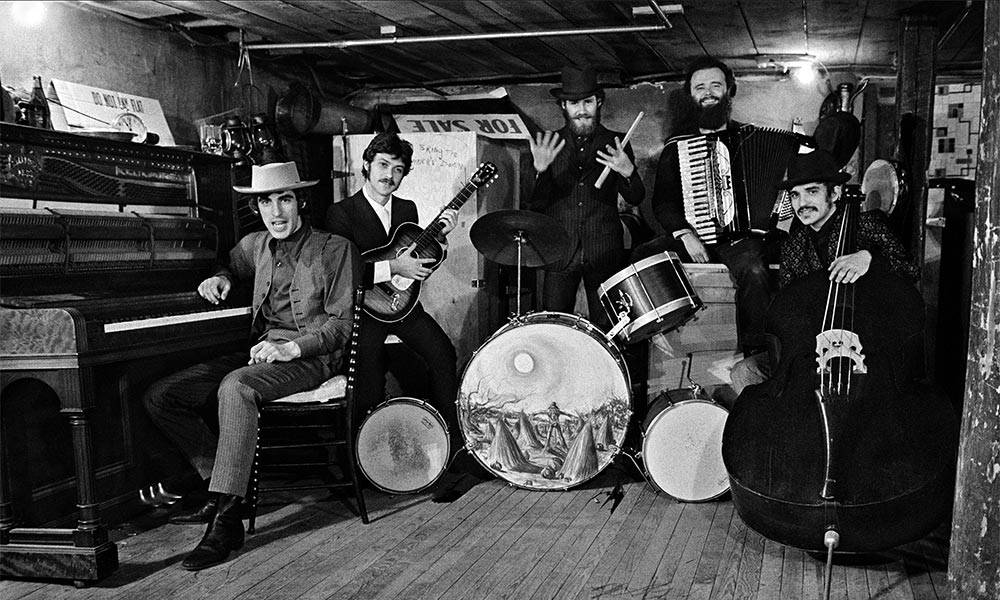
Unpaid Musicians Stage Walkout as London Orchestra Faces Financial Struggles
The atmosphere at London’s Cadogan Hall last Wednesday was tense as conductor Christopher Warren-Green prepared to lead the London Chamber Orchestra (LCO) in a concert marred by a significant walkout of disgruntled musicians. The rehearsal earlier that day had already seen half the ensemble protesting their unpaid status over the past five months.
Professional musicians in the city face an uphill battle, with low pay forcing many to take on additional jobs while maintaining their rigorous playing schedules. The musicians, expressing frustration, emphasized the need for fair compensation for their hard work.
The 953-seat Chelsea venue was nearly left without enough musicians to proceed with the concert, prompting a scramble to find replacements. Jocelyn Lightfoot, the managing director of the orchestra, later revealed that overdue payments were eventually made last week.
The root of the issue, according to Lightfoot, lay in Barclays Bank’s decision to freeze the orchestra’s account, impacting not only the LCO but also causing financial difficulties for various cultural and religious groups, including the classical music venue St John’s Smith Square. Barclays cited its obligation to prevent financial crime, requesting additional information from some customers to maintain active accounts.
Reopening the frozen account proved to be a four-month ordeal, causing significant delays in paying the musicians. Lightfoot acknowledged the challenges faced by freelancers, especially those affected by Brexit and the lingering effects of the pandemic, as orchestral funding faced cuts.
The LCO musicians, who engage in various activities beyond orchestral performances, including the Music Junction education program, were deemed equivalent to two days’ work for each concert and rehearsal. The orchestra, founded in 1921, is smaller than a full-scale symphony orchestra but boasts experienced leadership with long-term music director Christopher Warren-Green.
Barclays’ account shutdowns affected other entities like the Clockwork charitable trust and the Ogmore Valley Male Voice Choir. In response, Barclays emphasized its commitment to preventing financial crime and meeting regulatory responsibilities.
Despite the challenges, the LCO remains dedicated to breaking down barriers to orchestral music and making a positive impact on the community. The orchestra, known for dropping the requirement for formal dress, also commits to playing new music in an environment facing criticism for a perceived decline. The recent concert included classical favorites from Mozart and Sibelius, as well as the premiere of a horn concerto by Gavin Higgins.






Responses